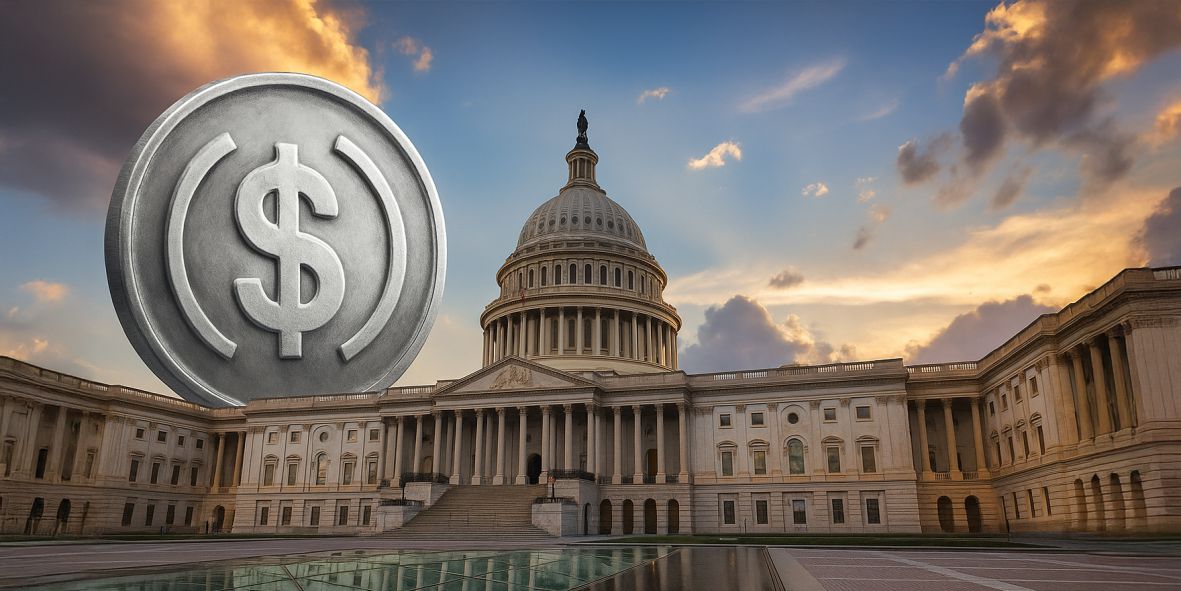Key Points:
- Emmer says the GENIUS Act needs the CLARITY Act to advance.
- Senate passed GENIUS, House to likely vote before August.
- Delays or amendments could push the final law to 2026.
U.S. House Majority Whip Tom Emmer from the House of Representatives says the GENIUS stablecoin bill will only move forward if it is paired with the CLARITY Act, a broader digital asset bill. The Majority Whip is a top House leader who secures votes and keeps party members aligned on key bills.
The GENIUS Act sets rules for stablecoin issuers and passed the Senate on June 17th. It landed in the House of Representatives on June 23rd. Meanwhile, the CLARITY Act, which defines how digital assets are classified and regulated, is waiting for a House vote after clearing the committee earlier this month. The CLARITY Act aims to define how digital assets are classified and regulated in the U.S., distinguishing between securities and commodities. By linking both bills, Emmer hopes to build broader support and create a clear regulatory framework for crypto in the U.S.
U.S. President Trump urged lawmakers to pass the GENIUS bill without delay or amendments. However, some House members are pushing back, citing conflict of interest concerns related to Trump’s ties to a private stablecoin company, USD1 by World Liberty Financial.
Lawmakers aim to vote on the GENIUS Act before the August recess. If the House passes the Senate version unchanged, the bill could move fast. If not, a conference committee will be needed to align it with the stricter STABLE Act, possibly delaying progress to late 2025.
Once both chambers agree, President Trump is expected to sign. Regulators will then have 180 days to finalize rules, targeting full enforcement by February 2026.
GENIUS Act Timeline:
- Late July 2025: House vote expected
- Early August 2025: Conference committee (subject to House amendments)
- Mid–Late August 2025: Final approval and presidential signature
- February 2026: Rulemaking and enforcement begin
Delays beyond August could stall momentum and push the timeline into 2026.
Conclusion
GENIUS Act’s fate depends on political alignment and timing. Without swift action, the bill risks losing momentum and facing regulatory delays.







